TUDCA and NAC are two supplements that have gained significant attention in the health and fitness world. TUDCA, or Tauroursodeoxycholic acid, is a naturally occurring bile acid. It has been used for its potential benefits in promoting liver health. +
NAC, or N-Acetyl Cysteine, is an amino acid. It has been researched for its antioxidant properties and ability to support immune function. In this blog, we'll dive into what these supplements are, their potential benefits, recommended dosages, and any potential side effects. +
What is TUDCA?
TUDCA is a type of bile acid that is naturally found in the human body. It is derived from the conjugation of ursodeoxycholic acid (UDCA) with taurine, an amino acid. TUDCA has been studied for its potential ability to improve liver function, prevent liver damage, and protect against certain diseases. +
What is TUDCA used for?
TUDCA has been studied for its potential benefits in treating various liver diseases, including non-alcoholic fatty liver disease (NAFLD), cirrhosis, and cholestasis. TUDCA has been found to reduce liver damage and inflammation, as well as improve liver function in animal and human studies. +
In addition to its potential benefits for liver health, TUDCA has also been researched for its ability to protect against neuronal damage and promote longevity in various animal models. Some research suggests that TUDCA may also have anti-inflammatory, anti-apoptotic, and anti-cancer properties. +
Benefits of TUDCA: Benefits of bile salts on gut health
TUDCA, also known as tauroursodeoxycholic acid, is a bile salt that has been shown to have various benefits for gut health. Some of these benefits include:
- Improving gut permeability: TUDCA has been shown to improve gut permeability, which can help reduce the risk of gut-related disorders such as leaky gut syndrome. +
- Supporting liver function: TUDCA has been shown to support liver function and reduce liver inflammation. This can be beneficial for those with liver-related conditions such as nonalcoholic fatty liver disease (NAFLD) or liver cirrhosis. +
- Reducing oxidative stress: TUDCA has antioxidant properties, which can help reduce oxidative stress in the gut. This can be beneficial for reducing the risk of gut-related diseases such as Inflammatory Bowel Disease (IBD). +
- Promoting healthy gut bacteria: TUDCA has been shown to promote the growth of healthy gut bacteria and reduce the growth of harmful bacteria. This can help improve gut health and reduce the risk of gut-related disorders. +
Overall, TUDCA has the potential to improve gut health by reducing oxidative stress, improving gut permeability, supporting liver function, and promoting healthy gut bacteria. It is important to note that more research is needed to fully understand the effects of TUDCA on gut health and to determine the appropriate doses for different individuals. If you are considering using TUDCA, it is recommended that you speak with a healthcare professional to determine if it is appropriate for you. +
What are the side effects of TUDCA?
Overall, TUDCA appears to be safe for most people when taken in recommended doses. Some people may experience mild side effects, such as nausea or upset stomach, when first starting to take TUDCA. In rare cases, TUDCA has been associated with allergic reactions, including hives and difficulty breathing. +
What is the standard dose of TUDCA?
The recommended dose of TUDCA varies depending on the condition being treated. For liver support, typical doses range from 500-2000mg per day. However, it is important to consult with a healthcare provider before starting any new supplement regimen. +
How does TUDCA work on the liver?
TUDCA appears to work on the liver by reducing endoplasmic reticulum (ER) stress, a process that occurs when the ER is overwhelmed with too many misfolded proteins. ER stress has been linked to liver damage and dysfunction. TUDCA has been found to reduce ER stress in animal and human studies, which may explain its potential benefits for liver health. +
Should Anabolic Steroid Users use TUDCA?
Anabolic steroids can be hepatotoxic, meaning that they can cause damage to the liver. Some research suggests that TUDCA may have potential benefits in protecting the liver against this type of damage. However, it is important to note that TUDCA should not be used as a substitute for safe and responsible steroid use. Anabolic steroid users should always consult with a healthcare provider and follow safe usage protocols to minimize potential health risks. +
Is TUDCA an Amino Acid?
No, TUDCA (Tauroursodeoxycholic Acid) is not an amino acid. TUDCA is a bile acid, a type of molecule that is produced by the liver and stored in the gallbladder. Bile acids play an important role in the digestion and absorption of fats in the small intestine. TUDCA has been studied for its potential health benefits, including its ability to support liver function, reduce oxidative stress, and improve gut health. +
TUDCA and Thyroid?
TUDCA (Tauroursodeoxycholic Acid) has not been specifically studied in relation to the thyroid. However, TUDCA has been shown to support liver function, reduce oxidative stress, and improve gut health, which may have indirect benefits for the thyroid. +
The thyroid is a gland in the neck that produces hormones that regulate metabolism. An imbalance in thyroid hormone levels can result in a variety of conditions, including hypothyroidism (underactive thyroid) and hyperthyroidism (overactive thyroid). +
While TUDCA has not been specifically studied in relation to the thyroid, it is important to maintain overall good health to support the normal functioning of the thyroid and other organs in the body. If you have concerns about your thyroid function, it is recommended that you speak with a healthcare professional for an evaluation and appropriate treatment. +
TUDCA and Liver functions
It has been shown to support liver function and reduce liver inflammation. TUDCA is a bile acid that is naturally produced by the liver and has been shown to have various health benefits, including liver protection. +
In preclinical and clinical studies, TUDCA has been shown to have a protective effect on the liver, improving liver function and reducing liver inflammation. TUDCA has been shown to reduce oxidative stress, which can help protect the liver from damage. TUDCA has also been shown to improve bile flow, which can help reduce the risk of liver-related conditions such as bile duct obstruction. +
TUDCA has been studied in the context of various liver-related conditions, including nonalcoholic fatty liver disease (NAFLD), liver cirrhosis, and liver toxicity due to drugs or chemicals. In these studies, TUDCA has been shown to improve liver function and reduce liver inflammation, although more research is needed to fully understand its effects. +
It is important to note that TUDCA should not be used as a substitute for appropriate medical treatment for liver-related conditions. If you have concerns about your liver function, it is recommended that you speak with a healthcare professional for an evaluation and appropriate treatment. +
TUDCA and Liver Enzymes
Tauroursodeoxycholic Acid has been shown to have a beneficial effect on liver enzymes in some studies. Liver enzymes are proteins that are produced by the liver and play a role in various metabolic processes. Elevated levels of liver enzymes can indicate liver damage or disease. +
In preclinical and clinical studies, TUDCA has been shown to reduce oxidative stress, which can help protect the liver from damage. TUDCA has also been shown to improve bile flow, which can help reduce the risk of liver-related conditions such as bile duct obstruction. +
In some studies, TUDCA has been shown to have a beneficial effect on liver enzymes, reducing elevated levels and improving liver function. +
TUDCA and Weight Loss?
TUDCA (Tauroursodeoxycholic Acid) has not been specifically studied in relation to weight loss. However, TUDCA has been shown to support liver function and improve gut health, which may have indirect benefits for weight loss. +
Weight loss is a complex process that is influenced by various factors, including diet, exercise, and overall health. Maintaining a healthy gut can be beneficial for weight loss, as the gut plays an important role in regulating metabolism and the absorption of nutrients. +
While TUDCA has not been specifically studied in relation to weight loss, it is important to maintain a healthy diet and lifestyle to support weight loss and overall health. If you have concerns about your weight, it is recommended that you speak with a healthcare professional for an evaluation and appropriate treatment. +
Can you replenish glutathione with TUDCA?
Tauroursodeoxycholic Acid has not been specifically studied in relation to replenishing glutathione levels. However, TUDCA has been shown to have a beneficial effect on liver function and reduce oxidative stress, which may have indirect benefits for replenishing glutathione. +
Glutathione is an important antioxidant that is naturally produced by the body and is involved in protecting cells from damage caused by free radicals. Low levels of glutathione have been associated with various health problems, including liver disease, neurodegenerative diseases, and oxidative stress. +
While TUDCA has not been specifically studied in relation to replenishing glutathione levels, it is important to support overall health to maintain normal levels of antioxidants and other important substances in the body. If you have concerns about your glutathione levels or overall health, it is recommended that you speak with a healthcare professional for an evaluation and appropriate treatment. +
What is NAC?
NAC, or N-Acetyl Cysteine, is an amino acid that is derived from the amino acid L-cysteine. NAC has been researched for its potential antioxidant properties and ability to support immune function. NAC is also a precursor to glutathione, a powerful antioxidant that is produced naturally by the body. +
What is NAC used for?
NAC has been studied for its potential benefits in treating various conditions, including chronic obstructive pulmonary disease (COPD), acetaminophen overdose, and psychiatric disorders. NAC has been found to have antioxidant and anti-inflammatory properties, and may also have potential benefits for immune function and respiratory health. Some research suggests that NAC may also have a role in improving mental health, including reducing symptoms of depression and anxiety. +
Top 5 Benefits of NAC Supplementation
N-Acetyl Cysteine (NAC) is a form of the amino acid cysteine that is used as a supplement for its potential health benefits. Here are the top 5 benefits of NAC supplementation:
- Antioxidant properties: NAC is a precursor to glutathione, a powerful antioxidant that helps protect cells from oxidative stress and damage. +
- Supports respiratory health: NAC has been shown to help break down mucus in the lungs and reduce inflammation, making it useful for individuals with respiratory conditions such as chronic bronchitis and cystic fibrosis. +
- Reduces symptoms of mental health conditions: NAC has been shown to have a positive effect on symptoms of mental health conditions such as depression, bipolar disorder, and obsessive-compulsive disorder (OCD). +
- Supports liver health: NAC has been shown to have a protective effect on the liver, helping to reduce liver damage and promote liver function. +
- May help with addiction: NAC has been shown to reduce cravings and improve outcomes in individuals with addictions to drugs and alcohol. +
It is important to note that while NAC has been shown to have potential health benefits, more research is needed to fully understand its effects and determine the appropriate doses for different individuals. If you are considering using NAC, it is recommended that you speak with a healthcare professional to determine if it is appropriate for you. +
What are the side effects of NAC?
NAC is generally considered safe for most people when taken in recommended doses. However, some people may experience mild side effects, such as nausea or upset stomach. Rarely, NAC may cause allergic reactions, including hives and difficulty breathing. +
What is the standard dose of NAC?
The recommended dose of NAC varies depending on the condition being treated. For respiratory support, typical doses range from 600-1200mg per day. For antioxidant and immune support, typical doses range from 600-1800mg per day. However, it is important to consult with a healthcare provider before starting any new supplement regimen. +
How does NAC work?
NAC works by increasing levels of glutathione, a powerful antioxidant that is produced naturally by the body. Glutathione helps to neutralize harmful substances in the body, including free radicals and toxins. By increasing glutathione levels, NAC may help to protect cells from oxidative damage and reduce inflammation. +
What other ingredients pair well with TUDCA?
TUDCA may work synergistically with other compounds that support liver health, including:
- Milk Thistle - Milk thistle is an herbal supplement that has been used for centuries for its potential benefits in promoting liver health. Milk thistle contains compounds that may help to protect liver cells and support liver function. +
- Dandelion Root - Dandelion root is another herbal supplement that has been studied for its potential benefits in promoting liver health. Dandelion root may help to support liver detoxification and reduce inflammation. +
- NAC - As mentioned earlier, NAC is an amino acid that has been researched for its potential antioxidant properties and ability to support immune function. NAC may work synergistically with TUDCA to promote liver health and reduce oxidative stress. +
In conclusion, TUDCA and NAC are two supplements that have gained significant attention for their potential benefits in promoting liver health, reducing inflammation, and supporting immune function. Both supplements appear to be safe for most people when taken in recommended doses, although some people may experience mild side effects. Anabolic steroid users may benefit from using TUDCA to protect the liver against potential damage. +
Other supplements, such as milk thistle and dandelion root, may work synergistically with TUDCA to support liver health. As always, it is important to consult with a healthcare provider before starting any new supplement regimen to ensure safe and effective usage. +
Why Chemical TN is the solution?
CHEMICAL TN is a dietary supplement that contains both TUDCA (Tauroursodeoxycholic Acid) and N-Acetyl Cysteine (NAC). Each serving of 3 capsules contains 900mg of NAC and 750mg of TUDCA. +
NAC is a form of the amino acid cysteine that is used as a supplement for its potential health benefits, including its antioxidant properties and its ability to support respiratory health. TUDCA is a bile acid that has been shown to have various benefits for liver function and gut health. +
Together, TUDCA and NAC have the potential to provide comprehensive support for liver and gut health, as well as overall health and wellness. By taking CHEMICAL TN, you can benefit from the combined power of these two important supplements. +
If you are looking for a supplement that can support your liver and gut health, and provide overall health benefits, CHEMICAL TN may be the right choice for you. With 900mg of NAC and 750mg of TUDCA per serving of 3 capsules, CHEMICAL TN provides a potent dose of these important nutrients. +
References
- Zanoli, P., & Avallone, R. (2015). Taurine and Taurine-Containing Nutritional Supplements in the Prevention and Treatment of Chronic Disease. Advances in Experimental Medicine and Biology, 803, 501–511.
- Keene, C. D., Rodrigues, C. M. P., Eich, T., Chhabra, M. S., Steer, C. J., & Low, W. C. (2002). Tauroursodeoxycholic acid, a bile acid, is neuroprotective in a transgenic animal model of Huntington's disease. Proceedings of the National Academy of Sciences, 99(16), 10671–10676.
- Palmeira, C. M., Rolo, A. P., & Berthiaume, J. (2017). Mitochondrial Function in Health and Disease. Springer.
- Shakeri, A., Rad, F. K., Azizi, Y., Faramarzi, E., Mohammadpour, A. H., & Sahebkar.




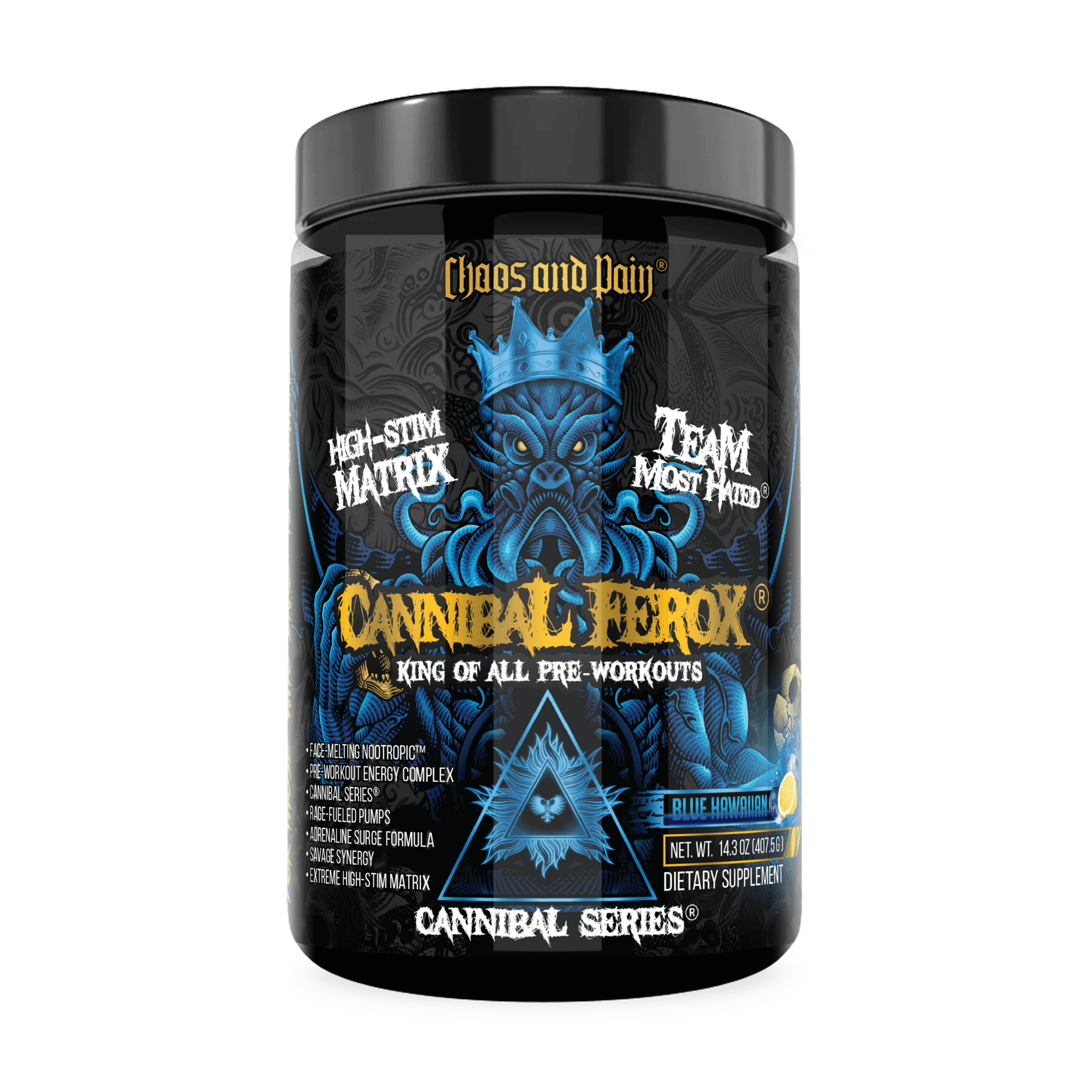
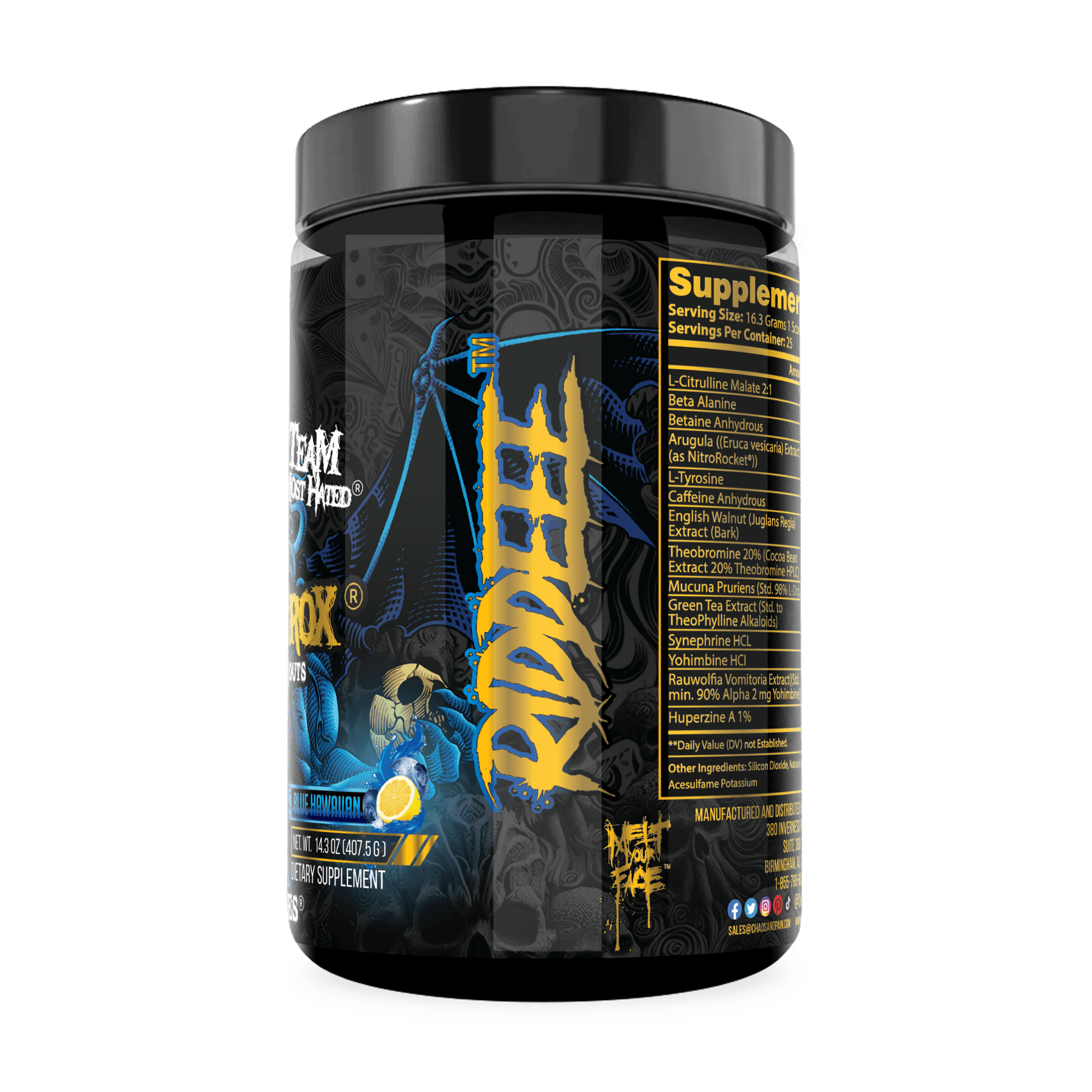



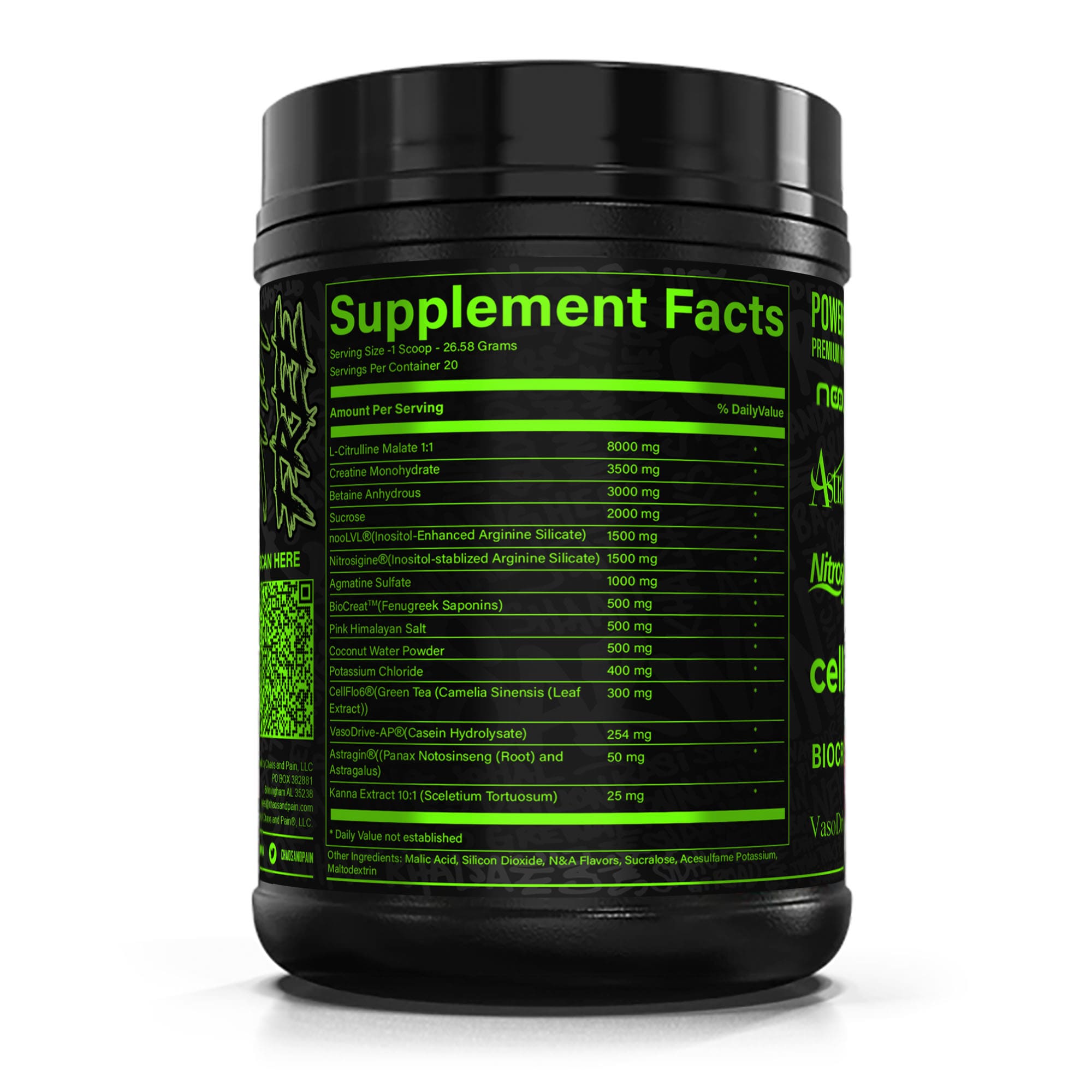
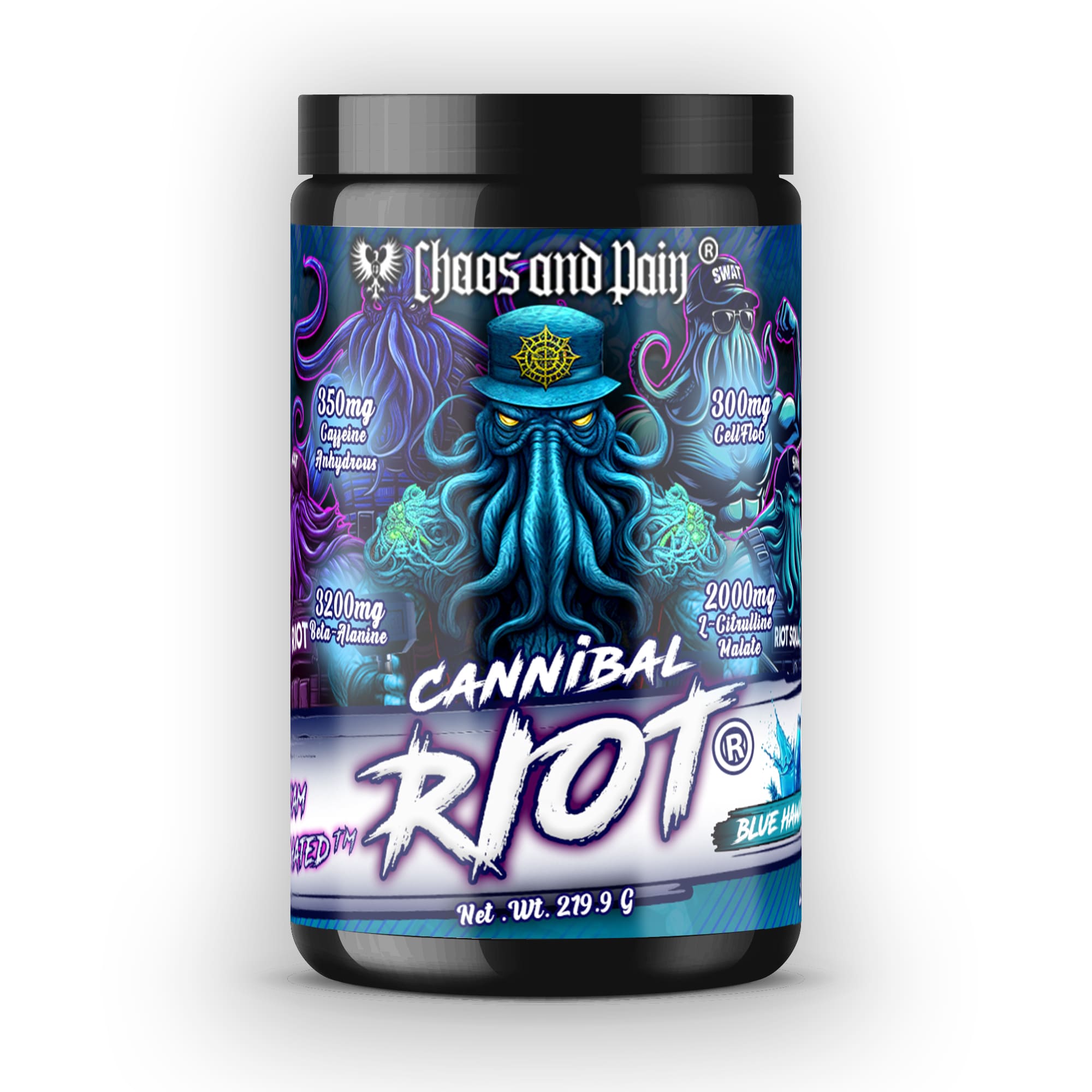
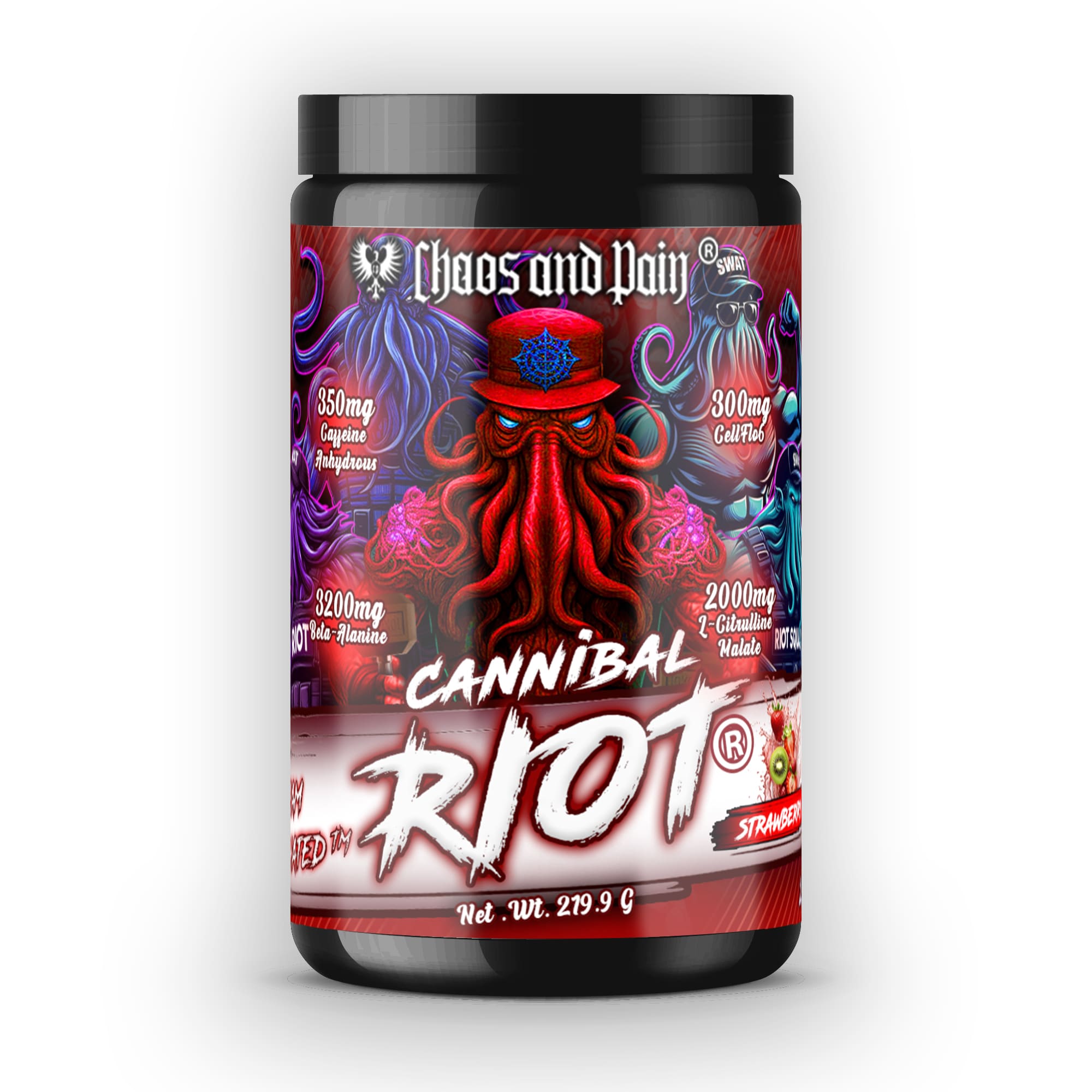
Leave a comment
All comments are moderated before being published.
This site is protected by hCaptcha and the hCaptcha Privacy Policy and Terms of Service apply.